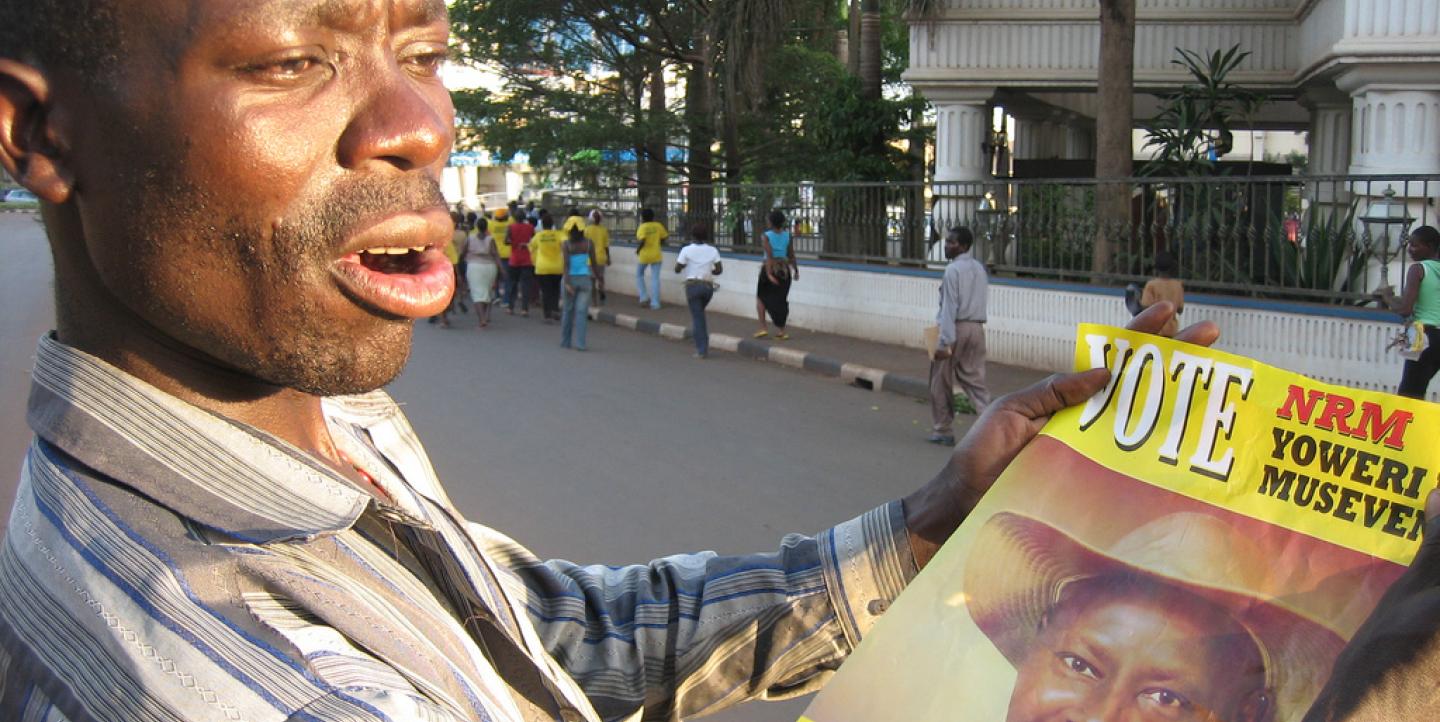On October 31, voters went to the polls in the Ivory Coast after an aggressive presidential campaign between President Laurent Gbagbo and opposition leader Alassane Ouattara. The hotly disputed outcome has since led to a political crisis some fear will renew violence in the region.
In the wake of this recent election crisis, a handful of organizations are pushing for more effective media monitoring during African elections. Reporters Sans Frontièrs (RSF) is at the forefront of the campaign. The international non-profit defends journalists imprisoned or persecuted for doing their job, fights for press freedom and gives financial aid to media outlets. In 2007, RSF also began to monitor elections as part of a European Union project.
Jocelyn Grange, head of the RSF Ivorian media monitoring project, told IJNet the organization measures and compares airtime candidates receive on TV and radio stations, and also the column space allocated to them in newspapers. It also does a qualitative evaluation of the tone used by journalists and media in reference to candidates.
He says the aim of this evaluation is to ensure equitable access in the public media. The organization always selects state-owned media to monitor, due to their specific duties as public-service institutions. It also monitors a politically diverse set of influential private media.
For the recent Ivory Coast election, for example, RSF began monitoring the Ivorian media on October 15 and continued until the end of the second round campaign for the presidential election. It published its qualitative and quantitative assessment online. Although certain papers were lauded for their impartial coverage of the candidates, others—such as Notre Voie, Le Nouveau Réveil and Le Patriot—were denounced for their insulting and inflammatory language.
This monitoring ultimately acts as a shield against candidates trying to threaten press freedom. In addition to monitoring the media, RSF performs an evaluation of the media in terms of human resources, which is used when lobbying for EU assistance and aid. In this way, the organization both monitors the media during election time, and strengthens its capacity for future coverage.
RSF plans to continue to tailor its media monitoring for upcoming African elections, including increasing its use of information communication technologies. The organization will host an electoral journalism training in Senegal next February, to provide African journalists with skills to ensure neutrality and impartiality in their election coverage. It will also be publishing a coaching manual in January [more information forthcoming]. With 26 African countries hosting elections in 2011, Grange says it's imperative that journalists continue to focus their coverage on the citizen's needs, not the impassioned rhetoric of the candidates.

